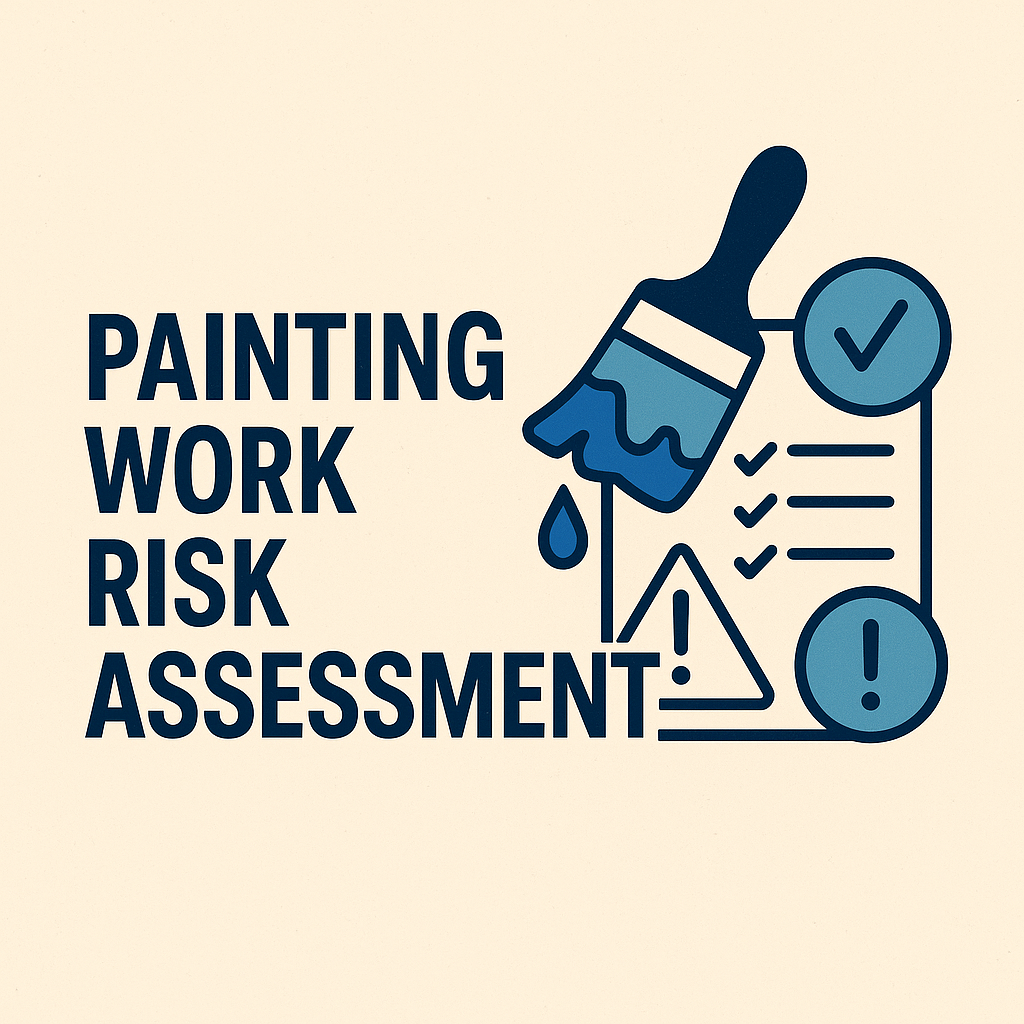
Qualification of a Certified Safety Officer
Qualification of a Certified Safety Officer : In today’s rapidly evolving world, workplace safety has become a paramount concern for organizations across various industries. To ensure the safety and well-being of employees and comply with regulatory standards, companies are increasingly relying on certified safety officers. A certified safety officer plays a vital role in preventing accidents, promoting a safe working environment, and mitigating potential risks. But what qualifications does one need to become a certified safety officer? In this comprehensive guide, we will delve into the qualifications, responsibilities, and importance of certified safety officers.
Introduction
The safety and well-being of employees are of paramount importance in any organization. Certified safety officers are trained professionals who play a pivotal role in maintaining a secure working environment and preventing accidents.
The Role of a Certified Safety Officer
A certified safety officer is responsible for identifying potential hazards, assessing risks, developing safety protocols, and ensuring compliance with local and national safety regulations. They are also tasked with training employees on safety practices and emergency procedures.
Educational Qualifications
Bachelor’s Degree in Occupational Health and Safety
Many certified safety officers hold a bachelor’s degree in occupational health and safety or a related field. This educational foundation equips them with the necessary knowledge of safety regulations, risk assessment techniques, and hazard management strategies.
Relevant Certifications
Certifications such as Certified Safety Professional (CSP), Occupational Health and Safety Technologist (OHST), and Construction Health and Safety Technician (CHST) demonstrate a candidate’s expertise in the field. These certifications validate their understanding of safety protocols and best practices.
Ongoing Training and Professional Development
The field of safety is constantly evolving. Certified safety officers need to engage in continuous training to stay updated with the latest regulations and technologies. Workshops, seminars, and online courses help them refine their skills.
Work Experience
Entry-level Positions
Recent graduates often begin as safety technicians, working under the guidance of experienced officers. This hands-on experience allows them to apply theoretical knowledge to real-world situations.
Mid-level Positions
With a few years of experience, safety officers can move into mid-level positions. Here, they might oversee a team of technicians and take on more complex safety assessments.
Senior-level Positions
Experienced safety professionals can progress to senior positions like Safety Manager or Director of Safety. These roles involve strategic planning, policy development, and collaboration with senior management.
Essential Skills
Knowledge of Safety Regulations
Certified safety officers must have a comprehensive understanding of safety regulations set by relevant authorities. This knowledge forms the foundation of their decision-making process.
Risk Assessment and Management
Identifying potential risks and developing strategies to mitigate them is a core skill for safety officers. This involves analyzing workplace processes, equipment, and employee behaviors.
Communication and Leadership
Safety officers interact with employees at all levels of an organization. Effective communication and leadership skills are essential for conveying safety protocols and promoting a culture of safety.
Industry-specific Knowledge
Construction
In the construction industry, safety officers need expertise in scaffolding safety, fall protection, and hazard communication due to the physically demanding nature of the work.
Healthcare
Healthcare safety officers focus on infection control, patient handling techniques, and emergency response to ensure the well-being of both patients and medical staff.
Manufacturing
Safety officers in manufacturing must be well-versed in machine safety, chemical handling, and lockout/tagout procedures to prevent accidents in a high-risk environment.
Certifications
Certified Safety Professional (CSP)
The CSP certification covers a wide range of safety disciplines and is ideal for professionals who want to demonstrate their expertise across various industries.
Occupational Health and Safety Technologist (OHST)
OHST certification focuses on workplace hazards and risk assessment. It’s suitable for those who specialize in identifying and mitigating risks.
Construction Health and Safety Technician (CHST)
CHST certification is tailored for safety officers in the construction industry. It emphasizes the unique safety challenges of construction sites.
Ethical Standards and Professionalism
Certified safety officers are held to high ethical standards. They must prioritize safety over shortcuts and exhibit professionalism in their interactions.
Importance of Certified Safety Officers
Certified safety officers contribute to reduced accidents, lower insurance costs, improved employee morale, and enhanced organizational reputation.
Challenges Faced by Safety Officers
Safety officers often encounter resistance to change, balancing production goals with safety, and the need to adapt to new technologies and regulations.
Future Trends in Safety Certification
The future of safety certification involves the integration of technology, such as AI-driven risk assessments, and a growing emphasis on mental health and well-being in the workplace.
Conclusion
Certified safety officers play a critical role in safeguarding employees’ lives and an organization’s success. Their qualifications, experience, and dedication contribute to creating a safer work environment for everyone.
Role of a Certified Safety Officer
How to Become a Successful Certified Safety Officer
Safety Officer Course After 12th
Certified Safety Officer Training
FAQs
- What is the main role of a certified safety officer? A certified safety officer is responsible for ensuring workplace safety, identifying hazards, and implementing safety protocols.
- Can I become a certified safety officer without a degree? While a degree in occupational health and safety is common, relevant certifications and experience can also qualify you for the role.
- Which industries demand certified safety officers the most? Industries such as construction, manufacturing, healthcare, and oil and gas have a high demand for certified safety officers.
- What is the significance of ongoing professional development for safety officers? Ongoing training keeps safety officers updated on the latest regulations and best practices, enhancing their skills and knowledge.
- How do certified safety officers contribute to company reputation? Certified safety officers contribute to a positive company reputation by reducing accidents, fostering employee trust, and ensuring regulatory compliance.
























